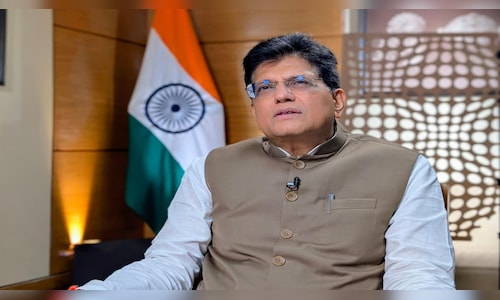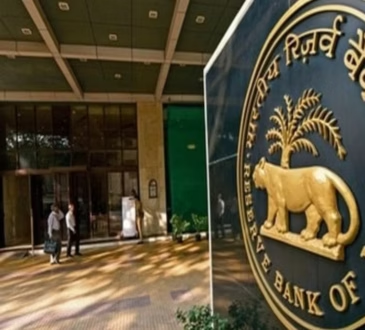
“We have not been encouraging cryptocurrency, which does not have sovereign backing or which is not backed by assets, say it on the federal bank or local currency,” news agency ANI quoted the minister as saying.
Goyal is in Doha on a two-day visit, leading a business delegation to discuss ways to boost trade and investments between India and Qatar.
Goyal emphasised the government’s intent to regulate the space through taxation rather than outright bans.
“As far as cryptocurrency, which is not backed by the Central Govt, while there is no ban as such, we are taxing it very heavily. We don’t encourage it because we don’t want anybody to be stuck at some point with a cryptocurrency that has no backing and nobody at the backend…,” he added.
Goyal clarified that India has imposed heavy taxes on non-backed cryptocurrencies and does not actively promote their usage. Instead, the focus is on developing a sovereign digital currency, backed by the Reserve Bank of India (RBI), with features similar to stablecoins as envisioned in the US Genius Act. This upcoming digital rupee will incorporate blockchain-based traceability to ensure transparency and compliance.
“India has also announced that we will be coming out with a digital currency, which will be backed by a Reserve Bank of India guarantee-like currency…Our idea is that this will only make it easier to transact. It will also reduce paper consumption and will be faster to transact than the banking system. But it will also have traceability,” the minister said.
How is cryptocurrency taxed in India?
India has introduced a clear tax framework without granting legal status to digital assets. In the Union Budget 2022-23, the government announced a 30% tax on income from the transfer of virtual digital assets (VDAs), including cryptocurrencies and NFTs. The rate applies regardless of whether the transaction results in a profit or loss elsewhere in the taxpayer’s portfolio.
Additionally, a 1% Tax Deducted at Source (TDS) was introduced on all crypto transactions above ₹10,000, effective from July 1, 2022. The move is aimed at tracking crypto transactions and improving compliance. The losses from the sale of VDAs cannot be offset against any other income, further tightening the tax regime.




